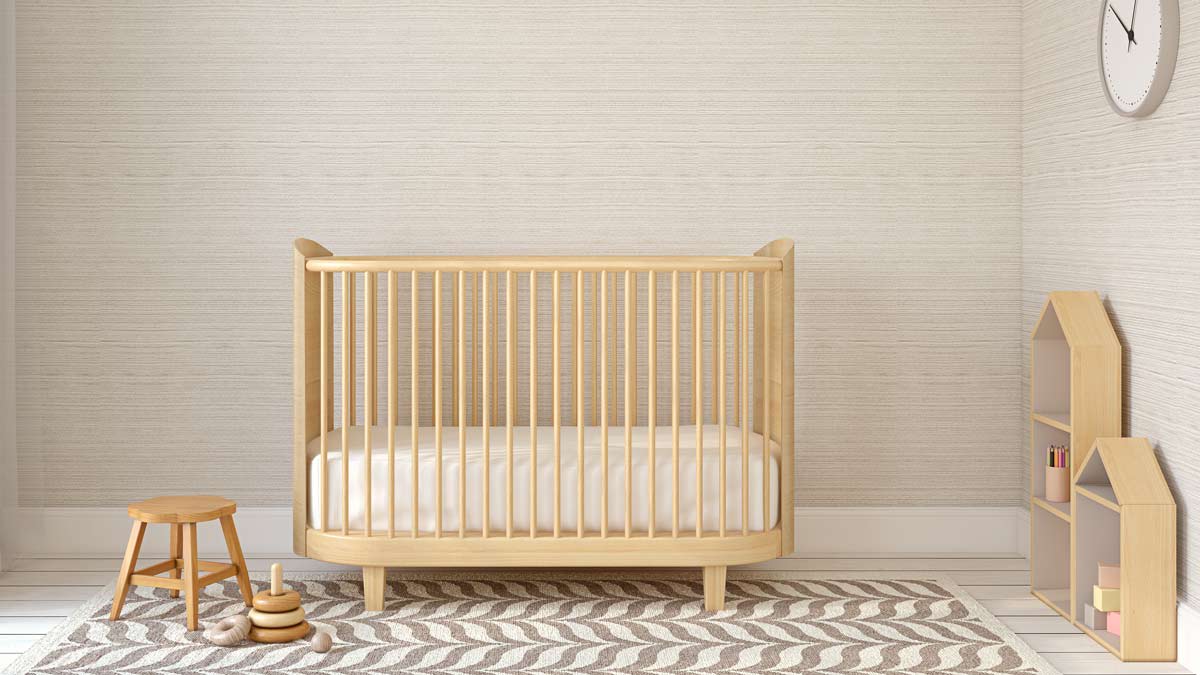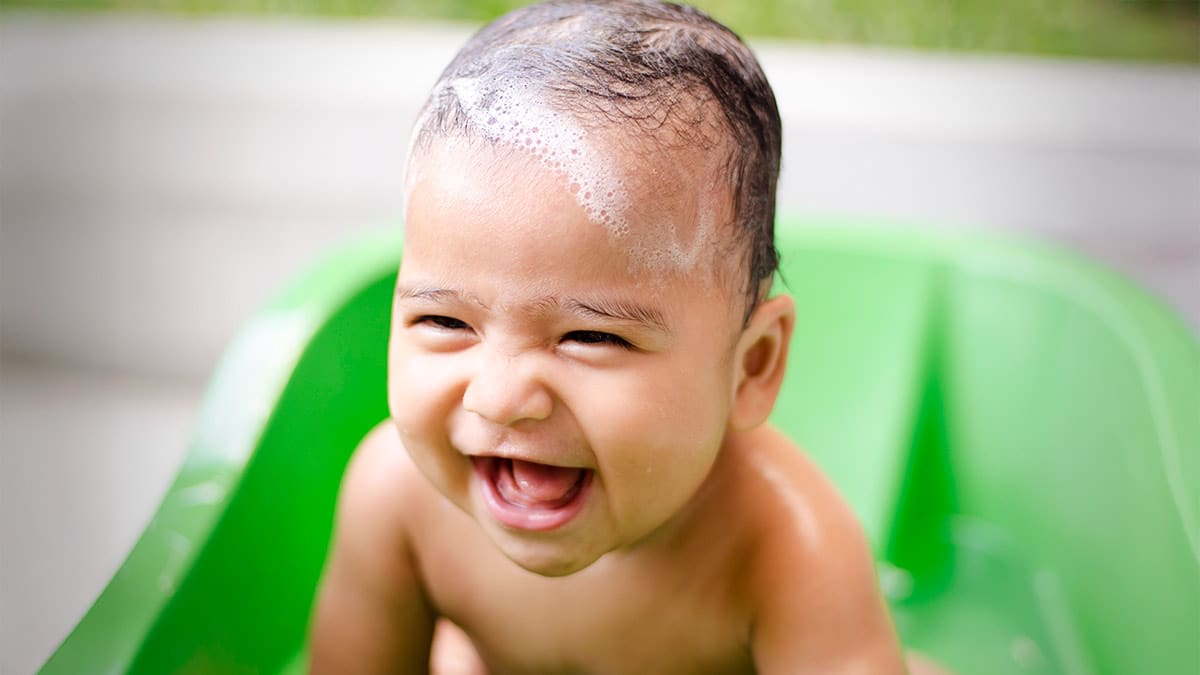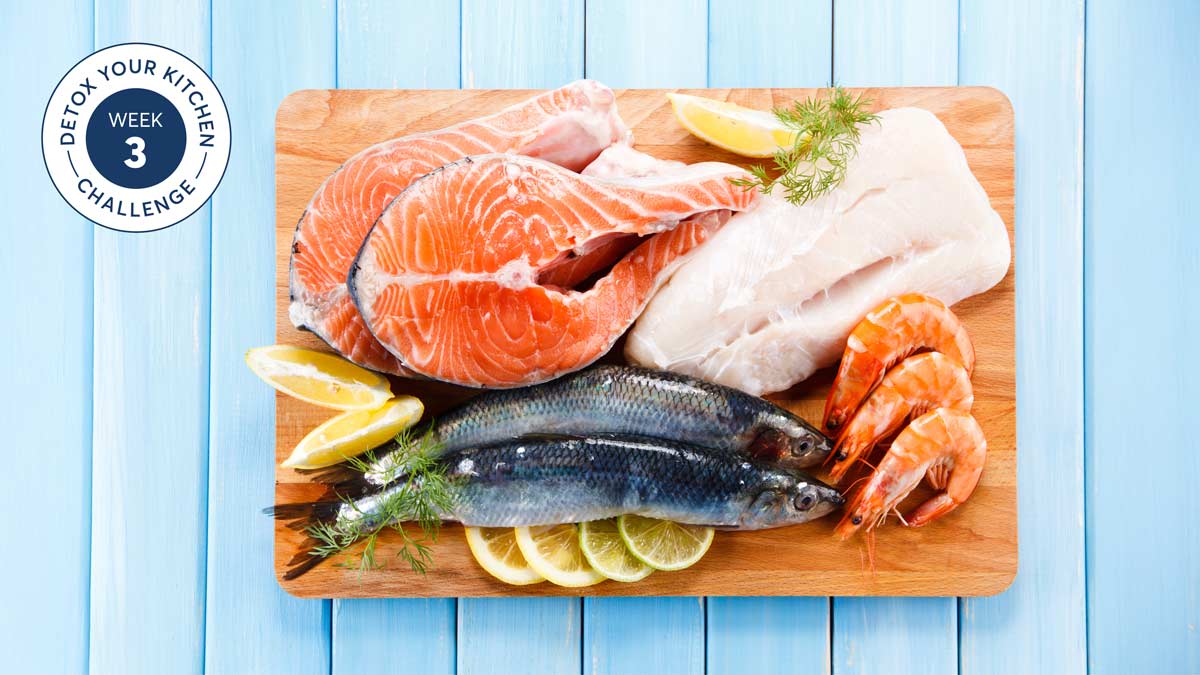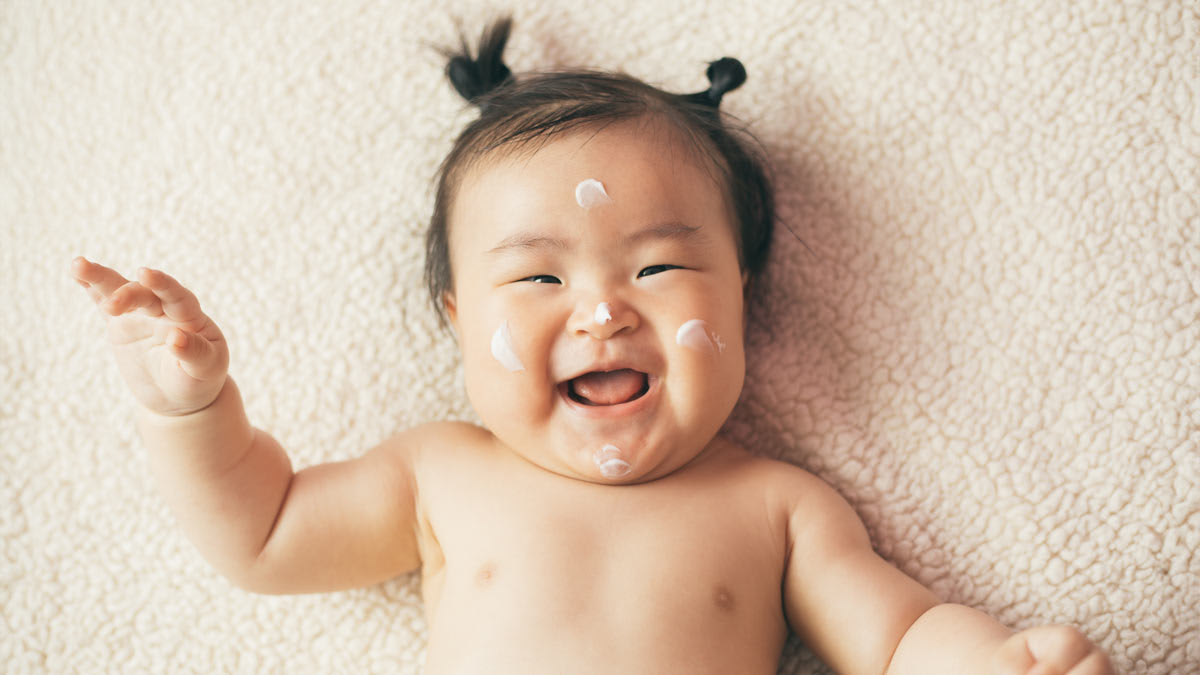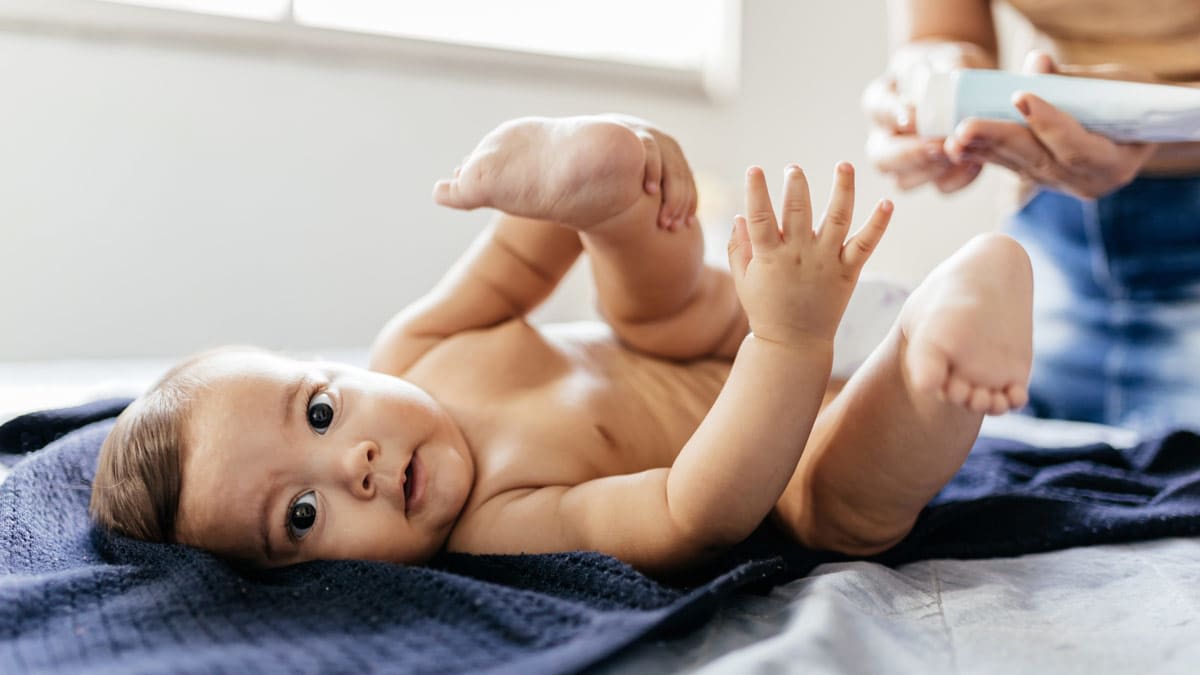Chemicals
-
Blog
Mattresses Can Be Source of Harmful Chemicals in Kids’ Rooms
Finding a safer mattress is “a lot to ask of consumers when the hazards involved are highly technical, invisible, and long-term,” says CR’s Wallace. “Manufacturers of children’s mattresses should make this much easier by immediately removing any chemicals known to be harmful, and by working to give people safer options at all price points.” Until regulators and manufacturers make these…
Read More » -
Blog

Are children really being exposed to dangerous chemicals from their mattresses? We look at the new study causing headlines around the world
Modern mattresses are strictly regulated and most come with certification to ensure they are free of toxins and harmful chemicals such as formaldehyde and phthalates. However this week two concerning studies have been published stating that children are breathing in harmful chemicals whilst sleeping and that their mattresses and bedding are to blame. The studies, published in Environmental Science &…
Read More » -
Blog
Baby Shampoos Without Harmful Chemicals
Hair needs are unique to each individual, and your child might benefit from a bathtime routine tailored to their specific hair type, whether wavy, curly, coily, or straight. To start, use only water to wash your baby’s hair for the first few baths before introducing a gentle shampoo, says Asamoa. If your baby’s hair becomes oily quickly, you might consider…
Read More » -
Blog
How to Lower Your Risk From the Chemicals in Seafood
OystersOysters sponge chemicals, so I check where they’ve been raised. If they were near a military base, the Chesapeake, the lower Puget, or urban centers, then I won’t touch them. It requires a little effort, but you can do this by checking Google Maps for the oyster farm’s location in relation to nearby military bases and urban centers. ShrimpWhile I…
Read More » -
Blog
How to Choose a Baby Lotion Without Harmful Chemicals
If you’re in search of a safer, more sustainable baby lotion, consider one of our recommended options above. Or shop using the following tips: Avoid ethoxylated ingredients. 1,4-dioxane and ethylene oxide aren’t listed on labels, but you can still avoid them by looking for terms like PEG and polysorbate on labels, typically listed alongside a number like polysorbate 20 or…
Read More » -
Blog
How to Choose a Diaper Rash Cream Without Harmful Chemicals
Diaper creams are used to prevent or treat diaper rash. Some of them moisturize and protect the skin by forming a barrier. Other creams have active ingredients that treat diaper rash. Whatever the purpose, these products contain ingredients lists that can be difficult to decipher, making it hard to know if you’re choosing the right option for your baby and…
Read More »


